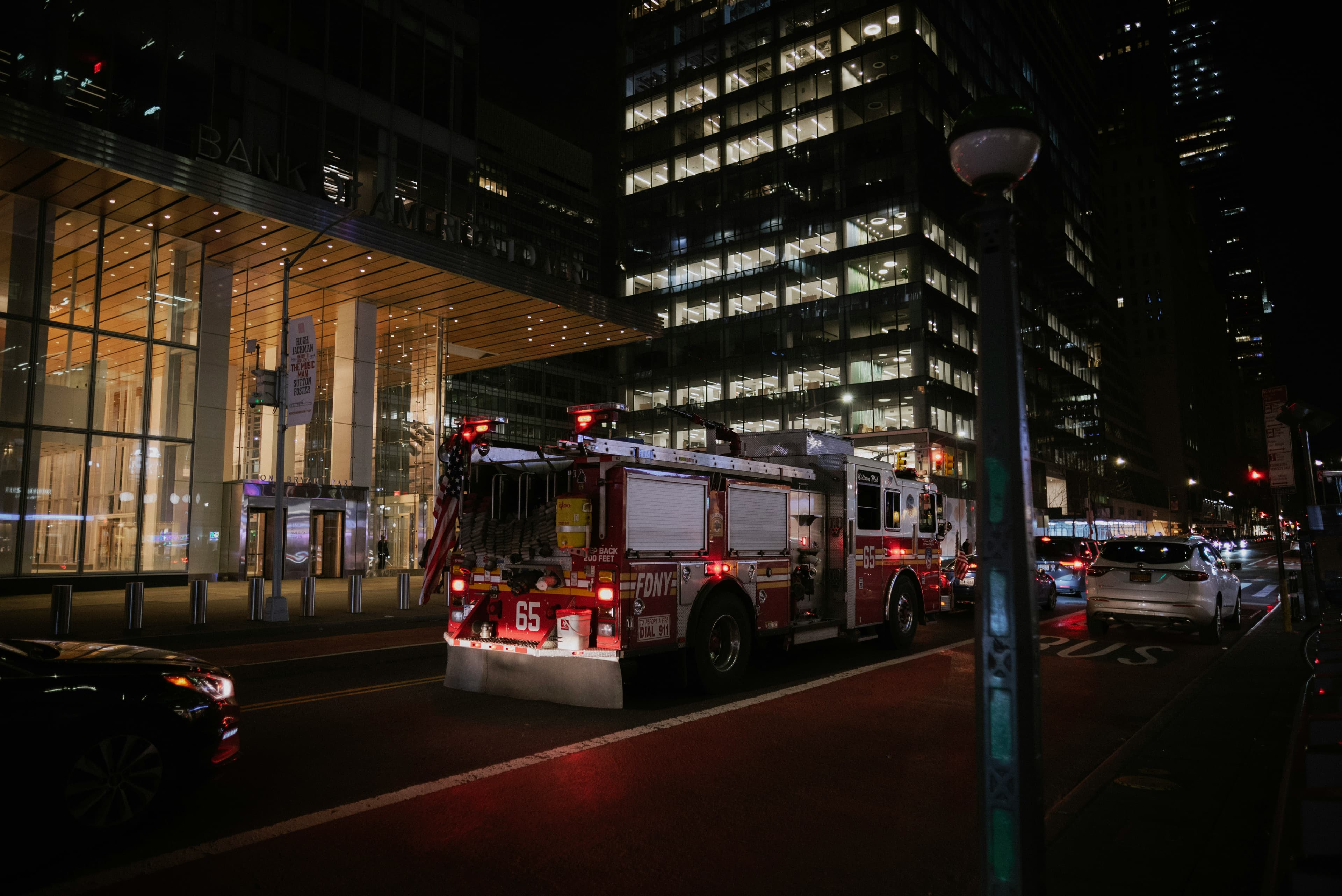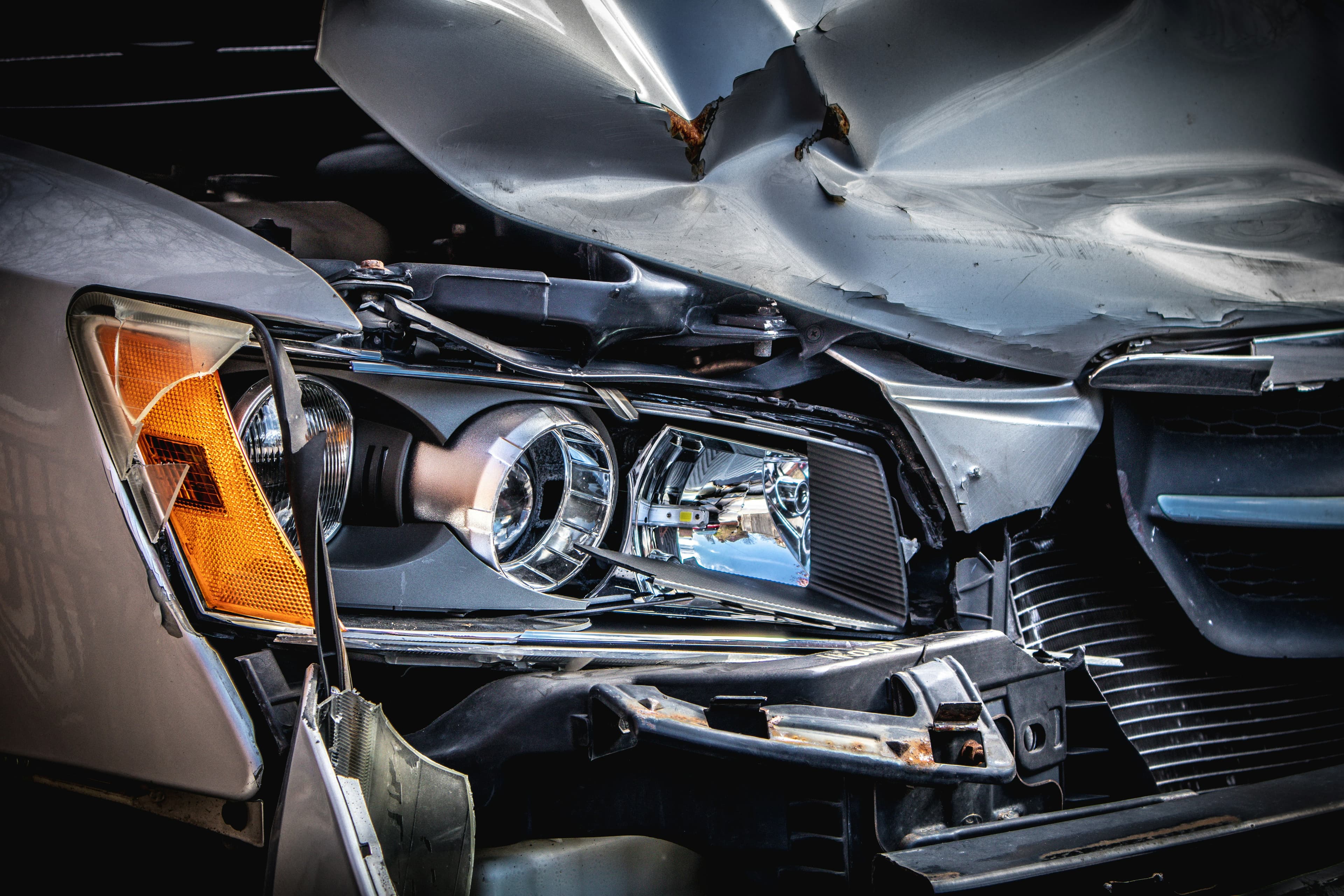Featured

Dec 02, 2025
The Human Side of Chicago’s Most Dangerous Intersections
Chicago’s Intersection Safety Crisis Intersections sit at the heart of Chicago’s traffic safety crisis. Although only a fraction of total roadways, they account for a disproportionate number of injuries and fatalities each year. Studies have shown...

Nov 19, 2025
Why You Must Always Slow Down for Emergency Vehicles: Inside Illinois’ Move Over Law
Protecting Those Who Protect Us Every day, police officers, firefighters, tow operators, and highway workers risk their lives to keep Illinois roads safe. Whether assisting a stranded motorist or responding to a crash, these individuals often work...
Oct 13, 2025
Distracted Driving in Illinois: How Insurance Companies Will Use It Against You
The Scope of Distracted Driving Distracted driving is arguably the leading cause of car crashes in Illinois. Thousands of accidents each year involve drivers whose attention was pulled away by phones, navigation, or even small tasks like adjusting...

Aug 13, 2025
Medical Malpractice in Wisconsin: What Patients Need to Know
When medical errors occur, the consequences can be severe, and patients are entitled to explanations. Wisconsin law offers protections for people harmed by medical negligence, but these cases are complex. If you or a loved one has been injured by ...

Jul 21, 2025
Pedestrian Accidents in Illinois: What Injured Pedestrians Should Know
Pedestrian accidents remain a serious problem in Illinois and across the nation. In 2024, Illinois saw 219 pedestrian fatalities, a nearly 10% increase from the previous year. Pedestrians are among the most vulnerable road users, so it’s critical ...

Jun 18, 2025
What to Do After a Car Accident in Illinois
Accidents happen fast, and the aftermath can be overwhelming. If you’re involved in a car accident in Illinois, knowing what steps to take can protect your health, your rights, and any claim you may file.